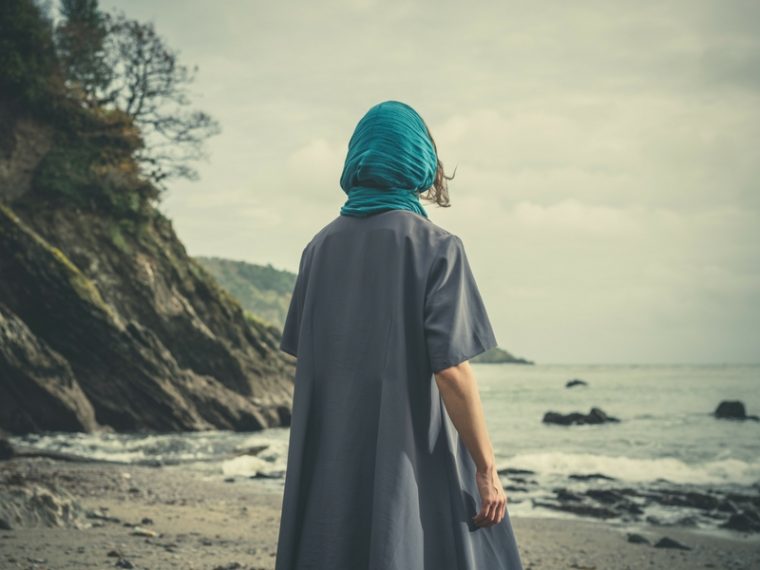
For many years, the nation of Israel was just a nation of people with no land attached to them. They had spent the majority of their existence as slaves in Egypt, working other people’s land for other people’s profit. After escaping Egypt and battling through a series of military victories, Israel had a home of their own. This was a massive season of change for Israel and its leaders. How do you function now that you have a place of your own? What rules need to be in place? How do you keep your people connected? Those are just a few of the questions that must have been running through the minds of the leaders of Israel during those early months.
One of the structures that the leaders felt that God wanted them to put into place was the establishment of cities of refuge. These cities were places where someone could flee to if they had killed someone else without meaning to. The city would provide safety for them if anyone sought to avenge the person that was killed. They were to remain there until things were sorted out, the case was heard, and a verdict was rendered. There were six of these cities mentioned in Joshua chapter 20, Kedesh, Shechem, Kiriath-arba, Bezer, Ramoth, and Golan.
The following chapter (Joshua 21) provides a seemingly unrelated account of land distribution for the Levite people. The Levites were those people charged with serving in the temple. They were the priests of Israel. They also needed a place to live in this new country, so they came to the leaders and reminded them that they had also been promised homes. The leaders agreed, and set about designating various cities for the Levites. The rest of the chapter is a dry reading of the various cities assigned to the Levites. In the midst of that list of 48 cities, six familiar names appear, Kedesh, Shechem, Kiriath-arba, Bezer, Ramoth, and Golan. All six of the cities of refuge had been assigned to the Levites. The spiritual center of the nation was also to be a place of restraint and justice who those who might not normally receive it.
The message seems clear for us today, the church should always have a place for broken and at times, destructive people. We aren’t to ignore justice, but we are to be a place of second chances, and third and fourth chances if necessary. Our nation and many others, are wrestling with the idea of if and how to receive refugees escaping from other countries. Politicians argue extremes to rally their voter bases. The healthy answer would appear to be somewhere between the extremes of “shut our doors completely”, and “allow anyone in at any time”. Time will tell where our nation will land on that spectrum. One thing that does seem clear though is that the church should be heavily involved, whether the refugees are fleeing from other countries, or they are local people whose lives have been devastated by alcohol, poverty, or abuse. The church is to be a place committed to thinking the best of others, and offering them hope.
Does this mean that the church will at times be taking advantage of by destructive people?
Almost certainly.
If we embrace God’s call to reach broken people, we will eventually by hurt by their jagged edges. As we’ve all heard before, hurting people hurt people. We don’t need to be reckless, but the dangers of reaching broken people can never exceed our courage to continue reaching.

